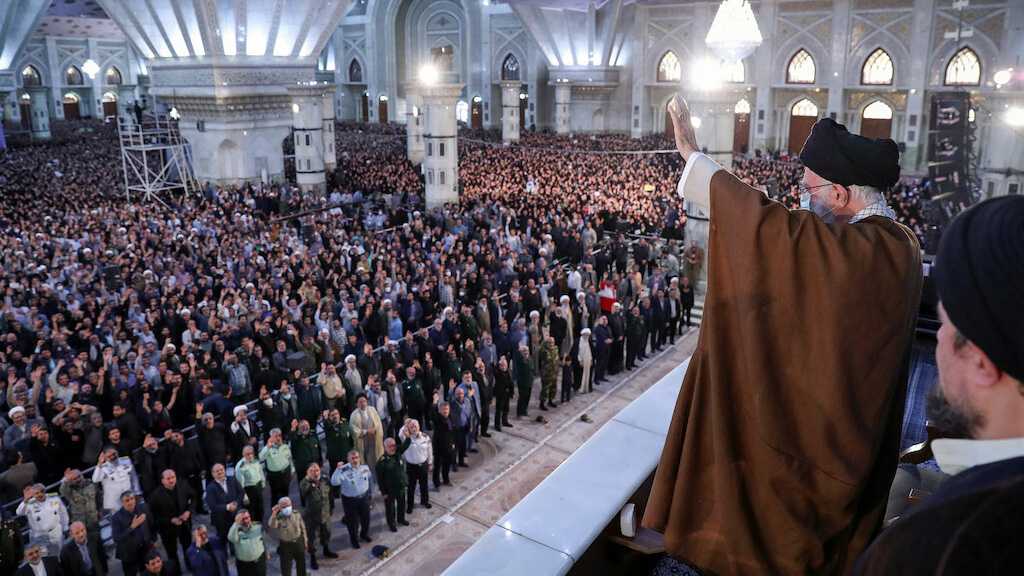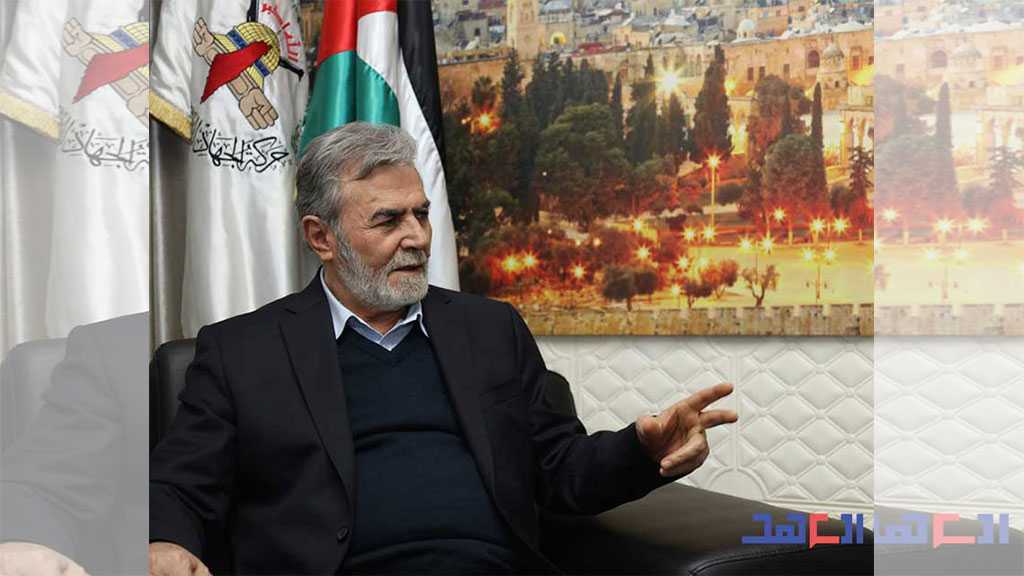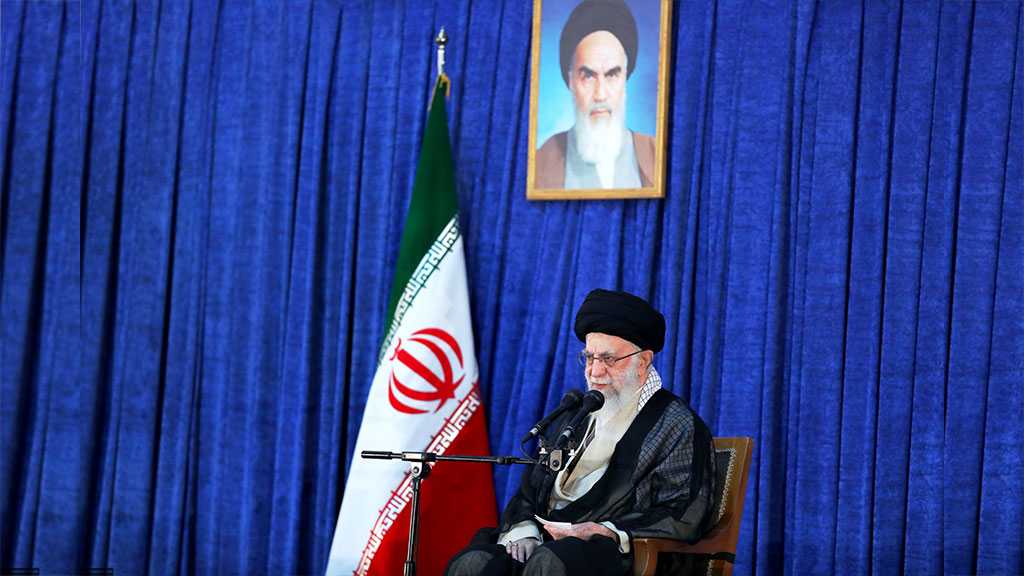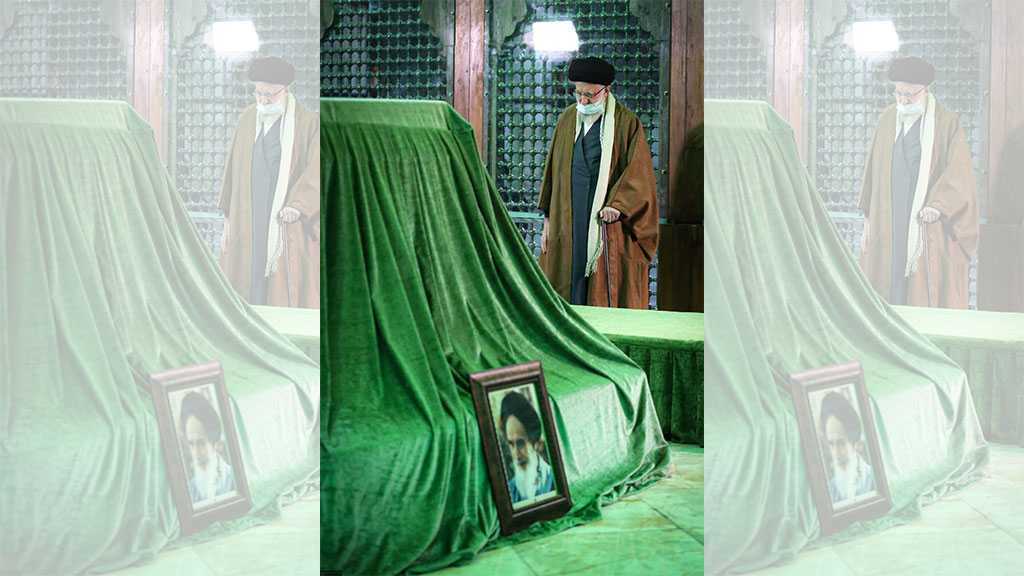Supreme leader Ayatollah Khamenei: US sinking in whirlpool
Source: The News, 21-8-2007
TEHRAN: Supreme leader Ayatollah Ali Khamenei on Sunday launched a new attack on the United States, saying Iran's arch enemy was stuck in a whirlpool and would sink deeper in the future.
America is weaker compared to 20 years ago and it does not have its previous power and grandeur, Khamenei said in a speech to participants in a religious conference, state television said.
America and its followers are stuck in a whirlpool and they sink deeper as time passes. A dangerous future is predicted for them, he added.
The United States cut diplomatic ties with Iran in 1980 during the siege of its embassy in Tehran by Islamist students in the wake of the Islamic revolution which deposed the US-backed shah.
Relations have remained frozen ever since and are marked by continued emnity, with the United States labelled as the Great Satan by Tehran.
In the eternal battle between right and wrong, the Great Satan will lose out, added Khamenei.
Strains have increased in recent months over Iran's controversial nuclear programme and the detention by Tehran of three US-Iranians accused of harming national security.
Although US and Iranian officials have this year met three times in landmark talks in Baghdad aimed at bringing security to Iraq they have failed to make any significant breakthrough.
Meanwhile, top officials from Iran and the UN nuclear watchdog will hold a third round of talks on Monday (today) aimed at agreeing guarantees over the contested Iranian nuclear program.
The meetings come after Iran's ambassador to the International Atomic Energy Agency, Ali Asghar Soltanieh, said Tehran was "continuing its nuclear program non-stop and under IAEA supervision," Iranian news agencies reported.
Javad Vaeedi, a deputy head of Iran's national Security Council, will hold two days of talks with IAEA deputy director general Olli Heinonen in Tehran. "Tomorrow (Monday) the third round of talks will take place in Tehran," Vaeedi told the state news agency IRNA.
"In this round, which will last two days, the remaining issues in Iran's nuclear case will be discussed," added Vaeedi, the number two to top nuclear negotiator Ali Larijani.
The talks are aimed finding agreement between the two sides over aspects of the Iranian nuclear program where the agency wants more information and allowing for easier inspections of nuclear sites.
One such issue is over the installation of surveillance cameras at Iran's ultra sensitive uranium enrichment plant in the central city of Natanz. Vaeedi said "no final agreement" had been reached. The two previous rounds have been held in Vienna and Tehran and notably succeeded in agreeing an IAEA visit to the Arak heavy water reactor on July 30.
Iran has said it hopes the ongoing talks with IAEA officials over improving cooperation with the agency will mean that Western powers drop threats to impose a third set of sanctions over the Iranian nuclear program.
However, the central demand of world powers remains that Iran suspend its uranium enrichment activities, which they fear could be diverted to make nuclear weapons.
Iran has repeatedly refused to suspend enrichment, arguing that it has every right to the full nuclear fuel cycle. The UN Security Council has punished Tehran's defiance with two sets of sanctions.
Three of the five permanent members of the UN Security Council - United States, France and Britain - are in favour of debating further sanctions moves, while Russia and China are more hesitant.




